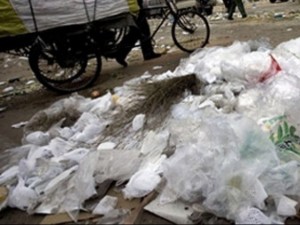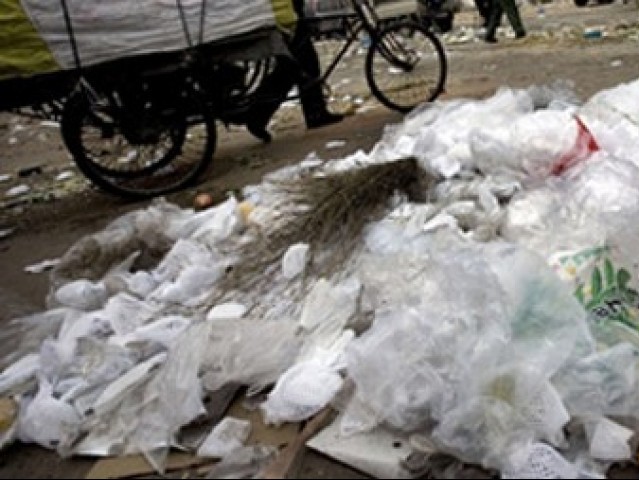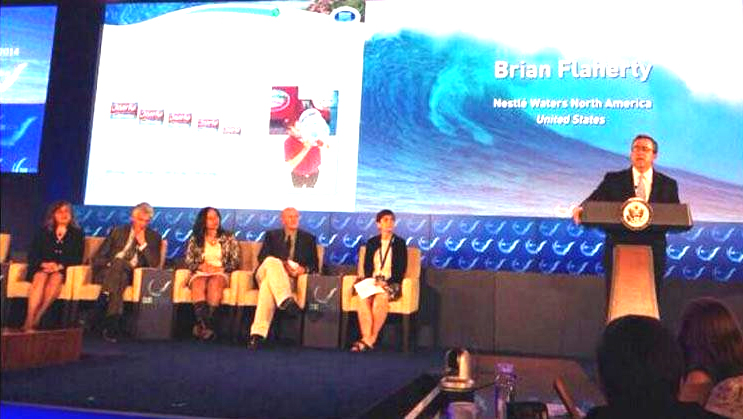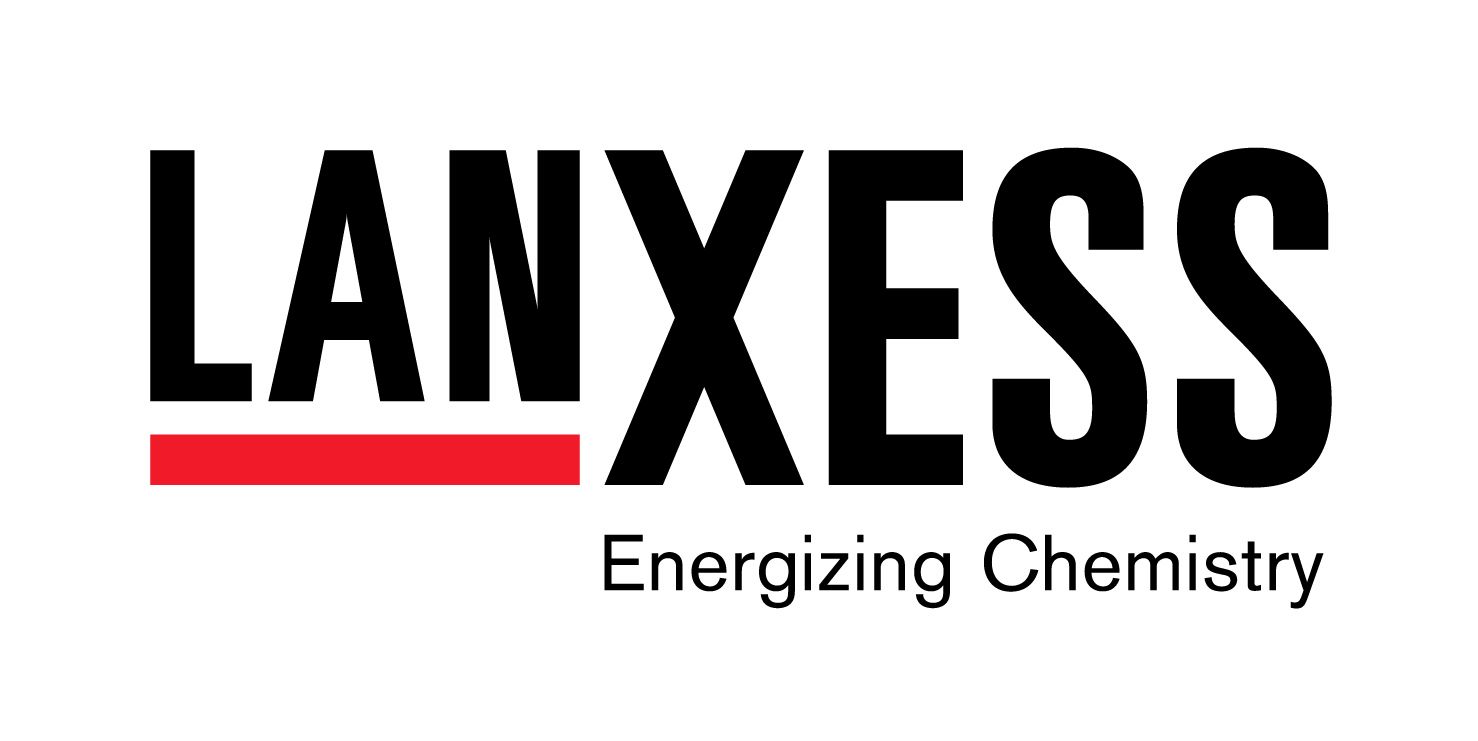
The Board of Symphony Environmental Technologies plc, the specialist in advanced plastic technologies including controlled life, anti-microbial, anti-counterfeiting products, and recycling technologies, welcomes new legislation in Pakistan (the “Prohibition of Non-degradable Plastic Products (Manufacture, Sale and Usage) Regulations, 2013”) which prohibits the import, manufacturing, stockpiling, trade, supply, distribution, sale and use all disposable plastic products made wholly or substantially of polyethylene or polypropylene or polystyrene – unless they are oxo-biodegradable.
The Regulations were announced today by the Federal Minister for Climate Change, and compliance is required in the federal territory as from April 2013. The Ministry will coordinate the introduction of oxo-biodegradable technology with the Provincial Governments. In his Press Briefing the Minister recalled that the National Assembly had passed a Resolution in 2008 that the Government should take steps to ban conventional plastic shopping bags and bring into use degradable shopping bags. The Government had devised a two-prong strategy to deal with the issue namely:
i. Launch a campaign “Say No to Plastic Bag” aiming at reducing usage of plastic bags and discouraging the habit of using an excessive quantity of plastic bags.
ii. Introduce technology making plastic degradable so that the waste plastic bags vanish if left un-collected.
The Minister added that the Pakistan Environmental Protection Agency (“PAK_EPA”) had considered different options to deal with the plastic bag issue, which included a complete ban on plastic bags; or the introduction of photo-degradable plastic bags; hydro-soluble plastic bags; or oxo-biodegradable plastic bags. They recommended that oxo-biodegradable technology should be used. The Minister continued that the Ministry of Environment had held meetings with the Plastic Bag Manufacturers Association and with users and exporters and that a consensus had been reached on oxo-biodegradable technology.
The Minister added that “Plastic bags made with this technology if left in open air or water absorb oxygen, which gradually weakens the internal bonds of the plastic material thereby allowing biological degradation to take place. Finally the bag will vanish leaving behind humus (a non-toxic product).”
The Minister said in his Press Briefing that a Report by PAK-EPA showed that in 2004 about 55 billion plastic bags were being manufactured and consumed annually in the country and that if current trends continued consumption would reach 112 billion by 2015. The Report said that more than 8,000 plastic bag factories were operating in the country. The Minister noted that “oxo-biodegradable technology is simple and needs neither alteration in machinery nor in the manufacturing process. A small quantity of olefin-based additive is mixed with the raw material (granules) to develop biodegradable properties in plastic.”
The Minister concluded his briefing by saying “With a view to promoting this technology in the country, PAK-EPA approached local and multinational companies and users to promote oxo-biodegradable plastic bags in the country, and the Lahore and Karachi Chamber of Commerce held workshops on biodegradable plastics to create awareness among entrepreneurs. Because of these efforts, a number of users like; Dawn Bread, KFC, McDonalds, Hyper Star, Sazgar, DHA, ICI Polyester, MENUE etc. have started using oxo-biodegradable plastic bags as part of their social responsibility.”
Source :http://www.environment.gov.pk/NEWS.HTM#Plastic









